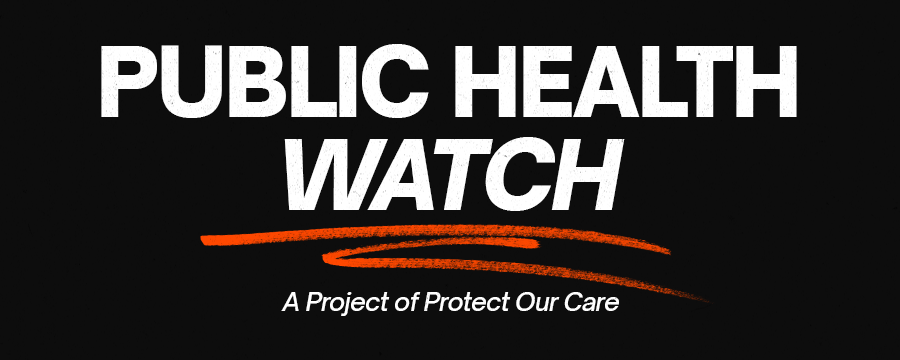“The Fight Has Begun”: Energy and Commerce Democratic Leadership Denounce “Extreme” Republican Plan To Rip Health Care Away From Millions

Watch the Full Event Here. Washington, D.C. — Today, House Energy and Commerce Committee Ranking…
ashoupMay 12, 2025






